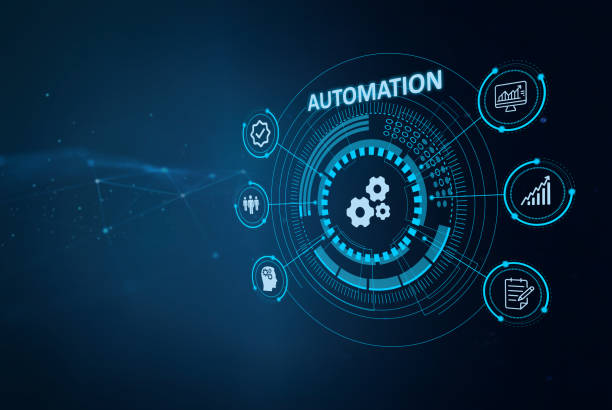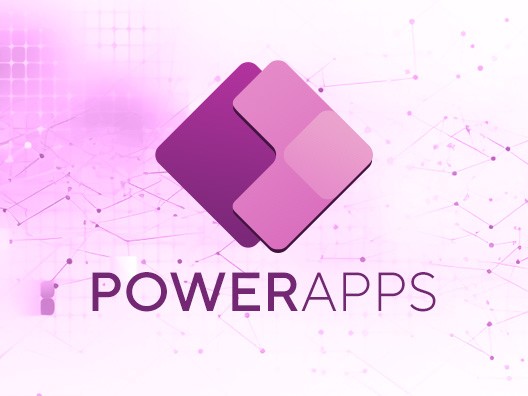In recent years, artificial intelligence (AI) has significantly transformed the sports industry, particularly football. With its ability to analyze massive amounts of data, AI has opened doors for analysts, teams, and even fans to gain insights into past matches and predict future outcomes. Whether you're a sports analyst, a coach, or a football enthusiast, here’s how you can leverage AI to deepen your understanding of the game.
1. Understanding the Basics: How AI Works in Football
AI in football analysis relies heavily on machine learning algorithms and deep learning techniques. Machine learning allows computers to learn patterns in data without being explicitly programmed. By training algorithms on historical data—like player stats, match outcomes, and weather conditions—AI can “learn” from past games. Over time, this learning enables AI to predict potential outcomes of future matches with greater accuracy.
2. Gathering Data: The Foundation of AI Analysis
The success of AI-driven analysis hinges on high-quality data. Sources of data for AI football analysis include:
- Historical match data: Scores, possession, passes, shots on target, fouls, etc.
- Player data: Player positions, playing style, physical attributes, performance metrics, injury history, and fitness levels.
- Team data: Formation, tactics, and previous match records.
- Environmental factors: Weather, stadium location, and even crowd size, which can impact game results.
- Sentiment analysis: Social media trends, fan opinions, and the psychological atmosphere around teams and players before a match.
Access to this data enables AI systems to paint a comprehensive picture of each match.
3. Analyzing Previous Matches Using AI
AI systems can process historical match data to identify patterns and trends that may not be obvious to the human eye. Here are some ways AI can help analyze past matches:
- Pattern Recognition: AI can identify common strategies, strengths, and weaknesses of teams. For instance, AI might reveal that a team consistently struggles against high-pressing tactics or that a certain player performs better when playing in specific formations.
- Player Performance Analysis: AI algorithms can track players' performance over time, highlighting players who consistently perform well or decline. AI can assess factors like stamina, speed, and recovery time to predict performance in future matches.
- Tactical Insights: Machine learning can analyze a team’s tactical adjustments over the course of a season, allowing analysts to understand how a team adapts to different opponents or game situations.
- Predicting Injuries and Fitness: By examining players' physical data, AI can predict injury risks based on fatigue levels and physical strain, helping coaches to manage player rotation and reduce injury occurrences.








One Response
data has & will definitely go a long way in sports and understanding tactics